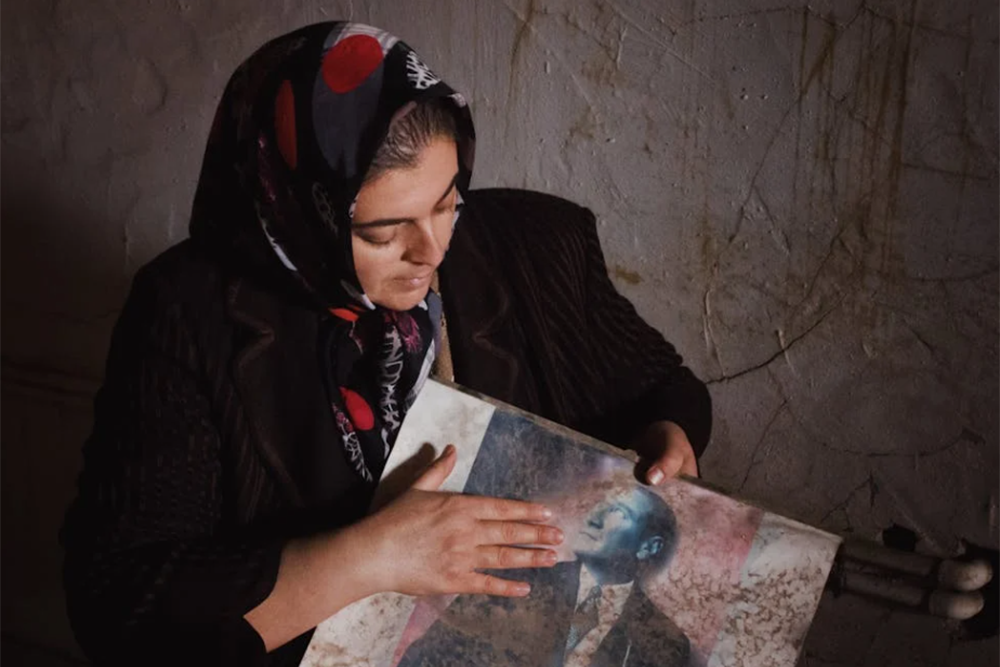
Do you feel loyalty pulling at you in your story? Isn’t it interesting how guilt emerges when you speak your truth? Why is it that standing up for yourself or setting a boundary brings with it a sense of shame? Have you ever been told you were “too sensitive,” or that you should “get over it”? We internalize these messages until we arrive at a point where telling our truth feels like a betrayal. And perhaps, on some level it is.
Except that what you’re betraying is the status quo. You’re betraying a lie that was passed down to you by your ancestors. The lie is this: keep your secrets and you’ll be safe, pretend it didn’t happen and it will go away, shut down your feelings and everything will be okay. And the obverse: if you tell your secrets then you’ll be in danger, if you acknowledge the abusive behavior then you’ll be punished, and if you open yourself to your feelings then the floodgates will open and you’ll be reduced to an unending vale of tears.
It seems like a no-win situation. And yet, the truth is shrieking inside you.
Despite your best efforts to quiet it, there’s something demanding to be heard.
If all art is subversive, then memoir is perhaps more so. With fiction, you can hide behind your characters to some degree, but with memoir there’s a certain dissonance that you can’t outrun, because, after all, you are your protagonist.
The desire to write is really the desire to evolve, to resolve something you seek to understand. You want wholeness, freedom; you want to know and express yourself in some fundamental way. But as you begin to explore, you sense that your truth may disturb your sense of security.
In writing memoir, guilt often stands between you and your willingness to tell the truth. This is where writers sometimes get stuck. Writing your first draft is something you must do for yourself, because here’s the paradox: when you write your first draft for yourself, you’re more inclined to get to the truth. It’s only by telling the undiluted truth that there can be any chance for transformation.
This process requires a certain amount of letting go, of faith. It might even feel, at least temporarily, disloyal. I tell my writers that memoir is an act of faith, but it’s not an act of blind faith. You can put your faith in story structure because it will lead you beyond the facts of what happened to the underlying truth. Through your story, you’re going to reframe your relationship to a series of events in your life and experience them in a new and transformed way. But if we don’t experience the obstacles with you, there will be no context for your redemption.
Learn more about marrying the wildness of your imagination to the rigor of structure in The 90-Day Novel, The 90-Day Memoir, or The 90-Day Screenplay workshops.

 Why Writers Should Embrace Doubt
Why Writers Should Embrace Doubt